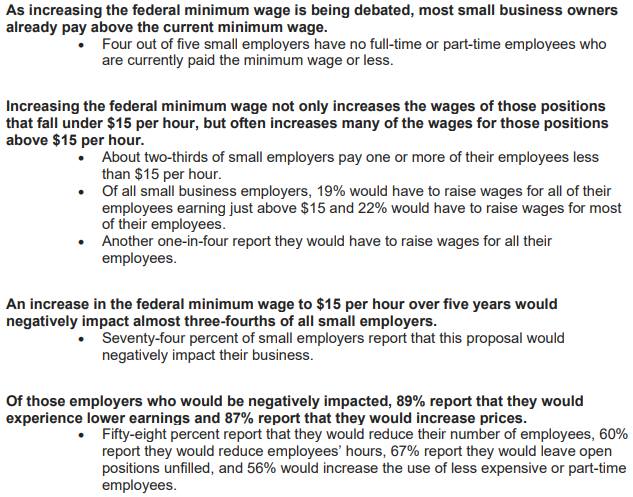Cause. Effect. There are a lot of companies that make decisions like this without the publicity.
Chipotle CEO Brian Niccol says California governor Gavin Newsom’s proposed changes to the minimum wage could cause the restaurant chain to rethink its presence in the state.
“We pay well beyond $15 an hour in California. So there is legislation that has the potential to take the hourly wage up to $21, $22 an hour that will put organizations in a place where prices probably have to rise. It’s unfortunate because it also impacts the economic model, and that could impact how many restaurants we open in the future in a state like California which is a shame,” Niccol said at the Yahoo Finance All Markets Summit on Monday.
[…]
The legislation could pave the way for raising the minimum wage for fast food workers to $22 an hour for employers with more than 26 workers. Currently, the minimum wage stands at $15 in the state.
“Equitable? You signed a bill from the hills of Napa that singles out franchise owners with new rules and costs to appease your biggest campaign donors; will raise prices on lower income Californians and will accelerate business leaving the state,” tweeted the CEO of the International Franchise Association Matt Haller to Newsom.


